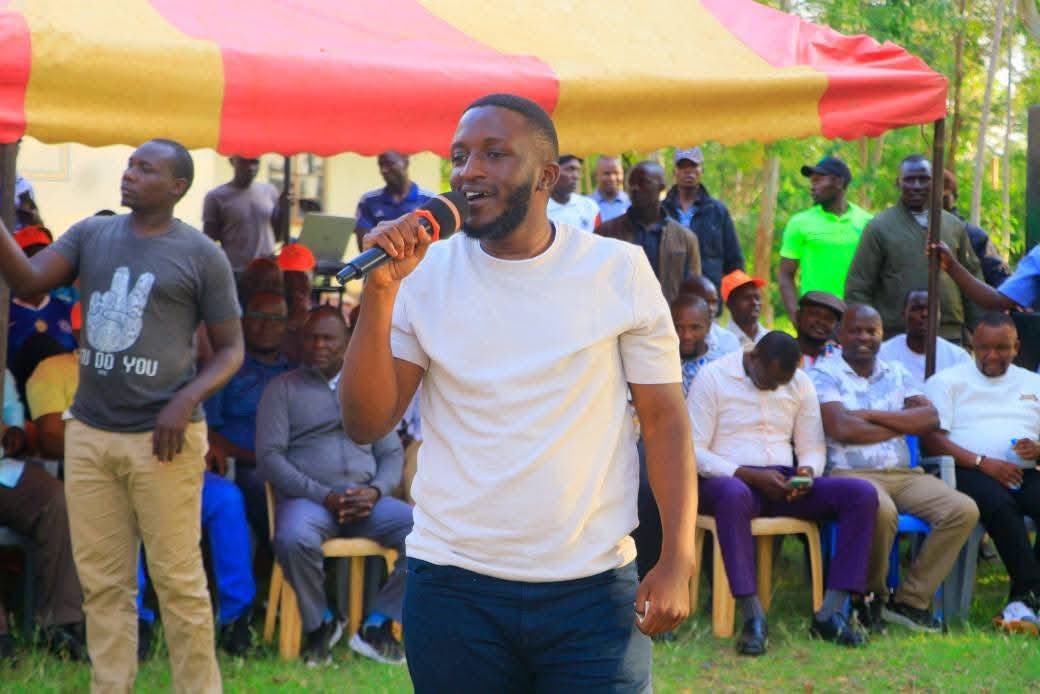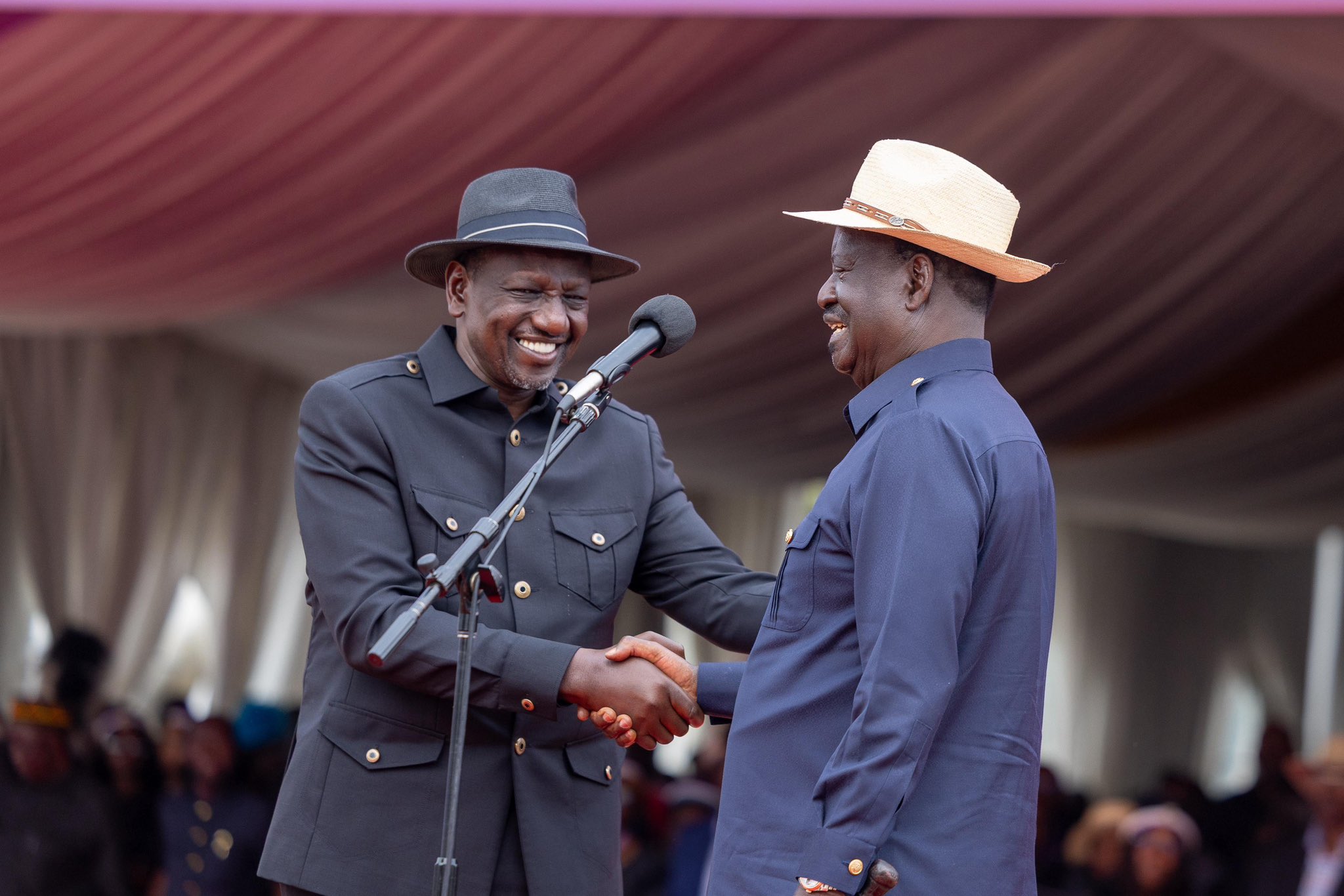Despite the disputes, Were won convincingly with 18,210 votes, leaving Ogada a distant second with 3,037. Others trailed far behind: Daniel Okindo with 621, Ottoman with 463, and George Otieno alias Ajo Mbuta with 396. Were will now face independent candidates Philip Aroko and Sam Kotiende in the October by-election
By The Weekly Vision Political Desk
The nomination of Boyd Were as the ODM parliamentary candidate for Kasipul constituency has not only boosted his winning prospects and elevated the political profile of Homa Bay Governor Gladys Wanga, but also exposed deepening cracks within the party’s county leadership.
The chaotic ODM nomination exercise, marred by delays, violence, and allegations of rigging, has triggered a political storm that could reverberate well beyond the October 27 by-election.
Governor Wanga, who also serves as the acting ODM chairperson, backed Were. His victory is now being interpreted as a political win for her. However, her position stands in sharp contrast to that of her deputy, Oyugi Magwanga, who openly supported rival candidates.
The exercise turned violent on Wednesday when supporters of competing camps clashed at several polling centres, leaving campaign vehicles vandalised. The fallout has left Magwanga politically weakened while Wanga appears emboldened, consolidating her influence within the party.
Yet, ODM’s internal unity appears fragile. Aspirants have accused party officials of bias, warned of legal challenges, and raised questions about the credibility of the entire process.
Newton Ogada, one of the leading aspirants, dismissed the nomination as unfair, warning ODM risks losing legitimacy if it fails to conduct transparent primaries. “We have the option of going to court, and there are other candidates running on different tickets. If ODM mishandles this process, we will meet during the campaigns,” he declared.
Dr Adel Ottoman echoed the complaints, alleging that election officials favoured Were and allowed multiple voting. “We have no confidence in the results. Goons are intimidating voters. This could lead to voter apathy,” he warned.
ODM’s National Elections Coordinating Committee Chairperson, Emilly Awitta, pushed back, accusing Ogada and Deputy Governor Magwanga of causing unnecessary disruptions that delayed the process. She warned that continued misconduct could lead to the disqualification of candidates in future exercises.
Despite the disputes, Were won convincingly with 18,210 votes, leaving Ogada a distant second with 3,037. Others trailed far behind: Daniel Okindo with 621, Ottoman with 463, and George Otieno alias Ajo Mbuta with 396. Were will now face independent candidates Philip Aroko and Sam Kotiende in the October by-election.
The bruising battle has cast a spotlight on the simmering rivalry between Wanga and Magwanga. In the 2022 General Election, Magwanga was forced to step down from the governor’s race under ODM’s “negotiated democracy” deal that paved the way for Wanga’s candidacy. His open rebellion in Kasipul suggests he may no longer play second fiddle and could mount his own gubernatorial bid in 2027.
The Kasipul saga is more than a local contest; it represents the broader challenges facing ODM ahead of 2027. The violent, disputed nominations underscore:
- Fragile Party Unity: Wanga’s consolidation of power deepens divisions with her deputy and risks factionalism spreading to other counties.
- Credibility at Stake: Allegations of rigging, voter intimidation, and bias threaten ODM’s image as a democratic party.
- National Implications: Internal fractures could weaken ODM’s ability to present a united front against President Ruto in the 2027 General Election.
- Future Alignments: Magwanga’s defiance signals possible realignments that may alter ODM’s succession politics in Homa Bay and beyond.
With less than a month to the by-election, the party must decide whether to heal its wounds or risk carrying a damaged reputation into 2027.





